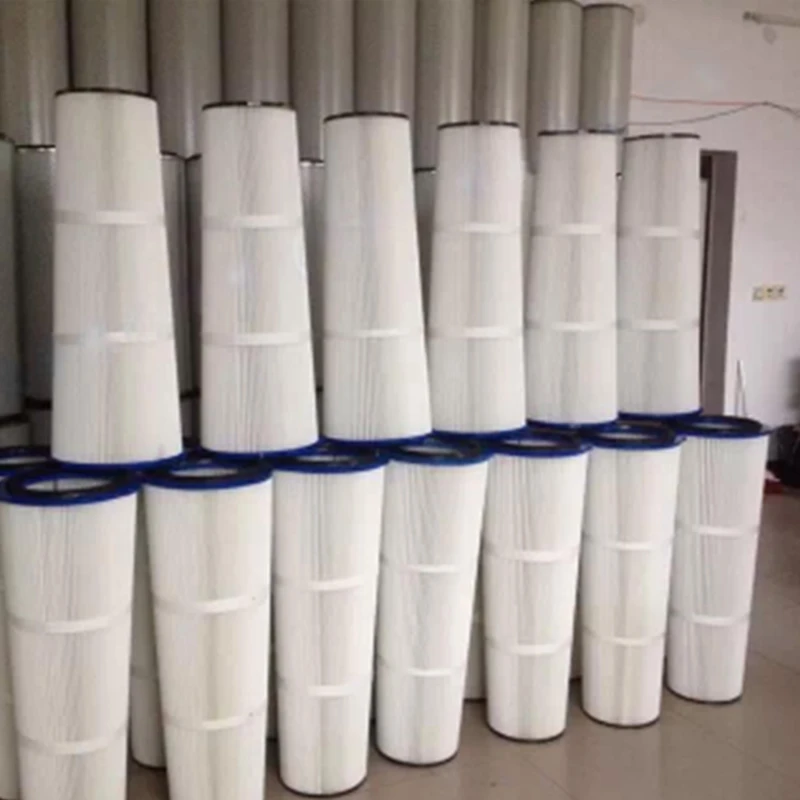 Tel:
+8615930870079
Tel:
+8615930870079
Nën . 06, 2024 03:09 Back to list
Efficient Air Filtration Solutions for Turbine Applications in Industrial Settings
The Importance of Air Filters in Turbines
Air filters play a critical role in the performance and longevity of turbine engines, whether they are used in aircraft, power plants, or various other industrial applications. Their primary function is to clean the air that enters the turbine, ensuring that only pure, unobstructed air is used for combustion or other processes. This not only enhances efficiency but also significantly prolongs the lifespan of the engine components.
The Importance of Air Filters in Turbines
Modern air filters for turbines are designed to capture a wide range of contaminants. They often employ multi-layer filtration technology that combines various materials and structures to achieve optimal filtration efficiency. For instance, some filters utilize a combination of synthetic fibers and foam to maximize their surface area and, consequently, their ability to trap particles. This is complemented by an electrostatic charge that attracts smaller particles, ensuring robust air quality.
air filter turbine

In aviation, the stakes are even higher. Turbine engines used in commercial and military aircraft are required to adhere to strict regulations regarding air quality. Air filters are meticulously tested to ensure they can withstand not only the high volume of air required at various altitudes but also fluctuating environmental conditions. A failure in filtration can lead to catastrophic engine failure, making regular maintenance and replacement of filters not just advisable, but mandatory.
In power generation, gas turbines often face similar challenges. The intake air can carry particulates from industrial environments, which are harmful to the turbine's rotating parts. Efficient filtration increases operational efficiency and reduces downtime, which is crucial for energy providers aiming to maintain continuous power supply. Furthermore, maintaining a clean air intake can lower operational costs, as cleaner turbines typically exhibit better fuel efficiency.
The evolution of air filter technology in turbines is worth noting. Advances have led to the development of self-cleaning filters, which greatly reduce maintenance efforts. These systems utilize various methods, such as backflushing or vibration, to remove accumulated dirt and debris, allowing for continuous operation and minimizing the need for physical replacements. Innovations like these represent not only a leap in maintenance convenience but also a commitment to sustainability by reducing waste and encouraging the longevity of turbine systems.
In conclusion, air filters are indispensable components in turbine engines across various applications. They ensure that turbines function efficiently and reliably, safeguarding against the damaging effects of airborne contaminants. The development and implementation of advanced filtration technologies continue to elevate the performance standards of turbines, contributing positively to both operational effectiveness and environmental sustainability. As industries sharpen their focus on efficiency and environmental responsibility, the role of air filters will only become more pronounced in the ever-evolving landscape of turbine technology. Regular maintenance, research, and innovation in filter design are vital to ensuring that turbines can meet the challenges of tomorrow's demanding operating environments.
-
Nano Fiber Technology: Revolutionizing Cartridge Dust Collector FiltersNewsAug.06,2025
-
How Activated Carbon Air Cartridges Eliminate OdorsNewsAug.06,2025
-
Dust Filter Cartridge Handling Fine Particulate MatterNewsAug.06,2025
-
Cartridge Dust Collector Filter for Welding Fume ExtractionNewsAug.06,2025
-
Activated Carbon Filter Cartridge Effectiveness Against VOCsNewsAug.06,2025
-
Activated Carbon Air Filter Cartridge Benefits ExplainedNewsAug.06,2025

 Email:
Email:





